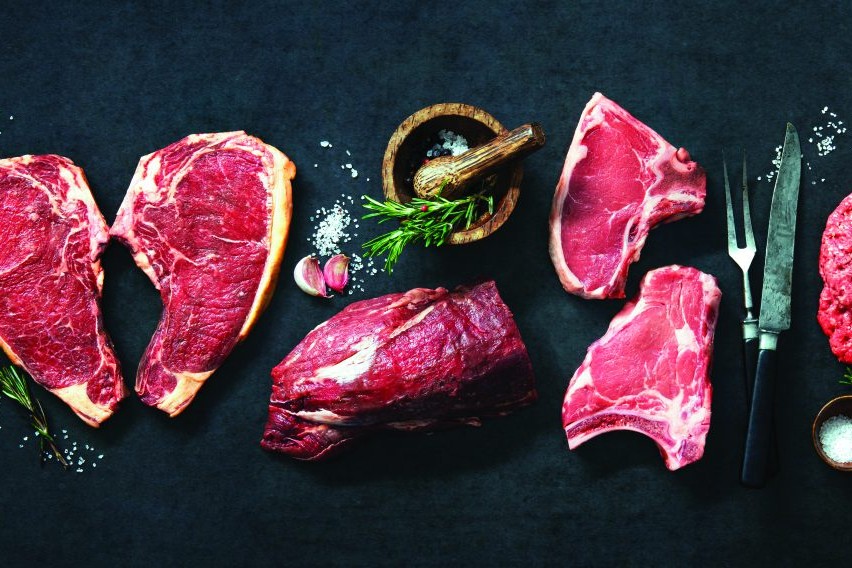Succession of farm ownership varies from the smooth to the very rough. Mark Chamberlain offers his suggestion.
The Good, the Bad and the Ugly was a classic movie starring the near-immortal Clint Eastwood. The title of this movie quite accurately describes one of the biggest sources of conflict in the farming community. Farm succession. Or, as a good friend of mine refers to it, farm suck-session.
Every district in New Zealand is littered with these stories and, to me, it beggars belief how it can come to this.
Let’s start with the good.
Successful farm succession plans seem to be few and far between but they have common elements. Strong leadership, good communication, and parties who have a mutual respect for each other. The success of these situations seem to rely upon people’s willingness to work together and for each other, rather than one party having a dominant hand. The workload and financial burden is gradually, and with structure, passed on seamlessly from weary shoulders to those that are stronger and fresher.
The bad can often be spotted a paddock away.
It is usually signposted by the 40-year-old, university-educated son or daughter who is a glorified gate-opener for their 70-year-old parent who simply cannot let go of the reins. This is a classic example of poor leadership and poor structure. All this does is undermine the confidence of the next generation of farmers and lessens their connection to the land. Sure, they are going to make mistakes. You did too.
The ugly, is not pretty.
This often results in warring parties. There is typically an overdose of communication – often featuring four letter words and directions on where to go and how to get there. It is not always the elder party who is at fault in these situations.
There is often a sense of entitlement by those family members returning to the farm after a three-year ‘gap year’ at Lincoln University; the double-cab ute car park capital of NZ. The ugly situations result in Christmases forever ruined, cousins growing up not knowing each other and families in despair.
My late father did the basics of farming well for his generation but he was no financial wizard. He did however, have the perfect farm succession plan.
Simply put, he sold up and kept it all for himself. Mum and Dad started farming in 1960 with nothing but somehow still managed to pay off their livestock in the first year. Ten years later they managed to build a new, modern house and carried on farming while raising six children, all the while reminding us how hard they’d had it.
My parents survived the 80s with Muldoon and the lovely Rogernomics and, in my opinion, it is during this time that Dad sprained his financial brain; shutting up shop and batting for time until his retirement many years later.
If my parents had even tried some kind of succession plan it would have been like so many others, a complete disaster.
Like many of his generation he was secretive about his finances and saw paying tax as a disaster. So selling up and retiring with their pot of gold enabled my parents to travel the world a couple of times, live comfortably and, of course, continue reminding us how hard they’d had it.
Cancer claimed Dad’s life but not until he’d enjoyed 10 years of retirement. Maybe sometimes the best answers are the simplest ones.
Our sharemilking partners once told us that for NZ farmers to stay farming; somewhere along the line there has to be a transfer of wealth from one generation to the other. Some people can’t accept this and therein lies the problem.
A wise old owl recently told me that the best succession plan is to give your kids nothing… except a good work ethic and support. How you decide to apply that support will ultimately lead to an outcome that is good, bad or ugly.




